Melatonin
- By Healthy Living Liberty Lake
- •
- 16 Sep, 2017
- •
Explore some of the lesser known benefits of melatonin.

Most people know about melatonin, and think of it only as the sleep med. But melatonin is much more than that! Melatonin is a hormone that is produced in the pineal gland, a gland that sits deep within the brain. Its production increases at night and allows us to relax and sleep more soundly. Any light, including blue light, disrupts melatonin and the production immediately shuts off. Which is why it is so important to keep the bedroom completely dark, no night lights whatsoever, no red or blue lights from the phone or clock.
The hormone has so many other health benefits that most of us don’t know about. These include: prevention of breast, ovarian, prostate, and testicular cancers. Cells throughout the body, including cancer cells, have receptors for melatonin and at night when melatonin is high, it connects with these receptors, slowing cell growth. It does the same thing with cancer cells and can help them to self-destruct. It also has a calming effect on several reproductive hormones, which may explain its protective effect against these types of cancers.
The research on breast cancer is particularly impressive. Women who work night shifts are 60% more likely to have breast cancer! Women born blind, and therefore see no light, have a much lower risk of breast cancer. And some studies are showing high doses of melatonin given to women with breast cancer makes the tumor less aggressive and less likely to spread.
Melatonin may boost the effectiveness of cancer chemotherapy and decrease the side effects of chemo. It has also been shown to improve the one year survival rate of all cancers with no side effects! This includes lung, pancreatic, colorectal, and even brain cancer. Melatonin strengthens your immune system. It is a powerful antioxidant and mops up free radicals while we sleep.
The hormone also helps protect the brain from dementia, and slows the rate of aging of the brain. Improves heartburn, or reflux, commonly known as GERD. There are melatonin receptors on the esophagus, and a study done on those with GERD showed healing of the esophagus and resolution of symptoms taking 6 mg per night for 40 nights. Should you supplement with melatonin? For anyone over 50, most likely yes. As we age, our brain produces less melatonin, like many other hormones. The dose can range from 0.25 mg to 6 mg per night. Most of my patients take between 1-5 mg; I take 3 mg nightly. Even if it does not help you to sleep, it has so many other health benefits that you should consider taking each evening.
By Dr. Susan Ashley, M.D.

By Dr. Susan Ashley, MD

By Dr. Susan Ashley, MD

Opiates taken long term also leads to a reduced pain threshold, meaning a person on them will feel pain at a much earlier level than someone else.
There's a lot of interest now in using cannabis to reduce chronic pain, and studies have shown they can be quite effective for neuropathy, migraines, spasticity and joint pain.
However, it doesn't always work, and now a new study shows why.
Then at the end of the 4 years, the people who used cannabis for pain had greater pain severity scores They also found that the meds and other remedies taken for pain were less likely to be effective. In addition, they had greater generalized anxiety disorder severity scores. The bottom line-- the cannabis users were not able to decrease the use of narcotics. Why?
Because of the well known fact that chronic narcotic use decreases pain threshold. In fact in some people the threshold becomes so low that even minor pains can seem intolerable. In essence, the narcotics cancel the pain relieving effects of the cannabis.
Chronic opiates should be avoided as much as possible in chronic pain. Tolerance develops quickly, addiction can occur, and pain threshold is lowered. If you have chronic pain, use other modalities first to try to alleviate the pain. This includes cannabis, acupuncture, anti-inflammatory drugs, weight loss, energy medicine, and stem cells. We have used IV stem cells for reduction of neuropathy pain with good effects.
By Dr. Susan Ashley, MD
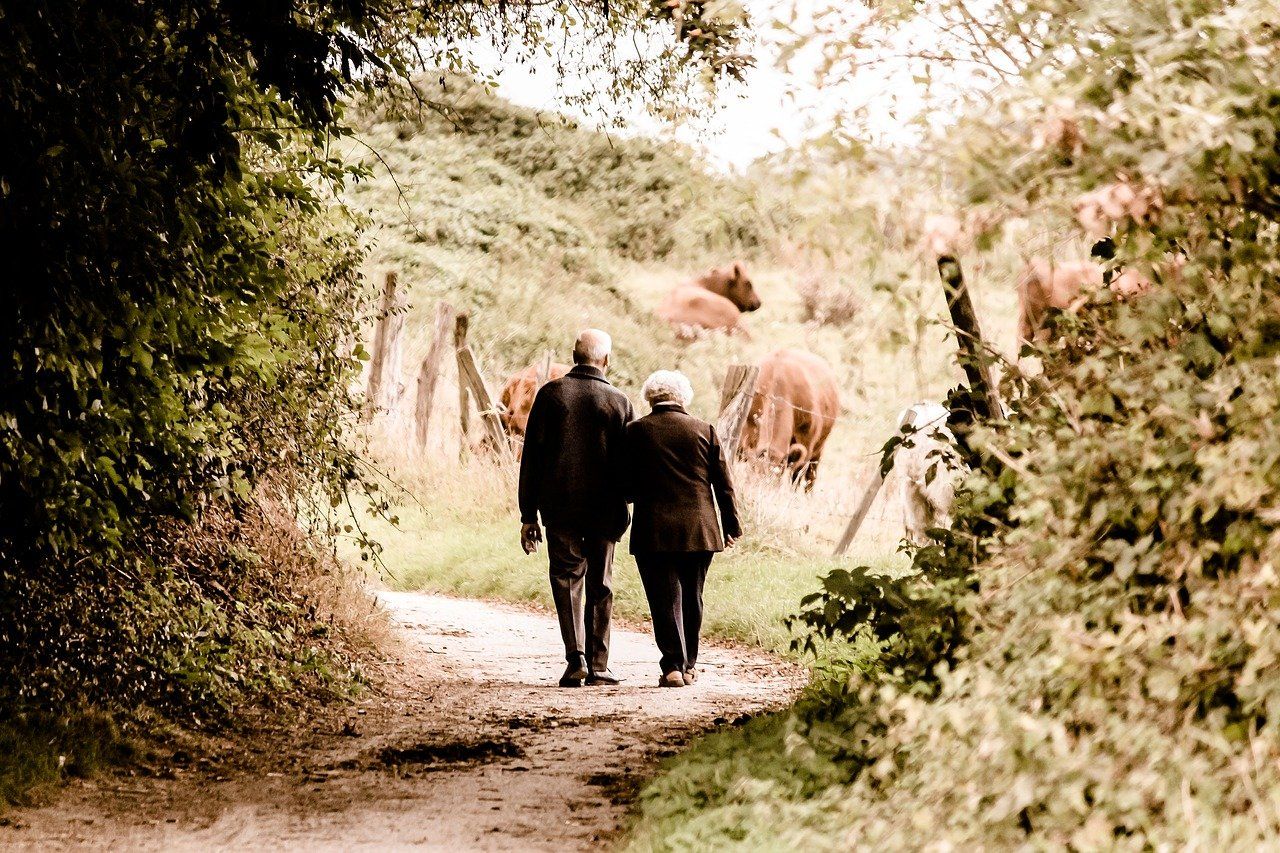
Not only that, but those who walked at a fast pace reduced their risk of death even further, by 24 percent.
All it took was putting one foot in front of the other a little more quickly!
And when the researchers zeroed in on cardiovascular disease deaths among participants over age 60, the results were even more striking.
Compared to the slowest walkers, average-paced walkers slashed their risk of dying from cardiovascular disease by 46 percent -- and the fast-paced walkers slashed it by a whopping 53 percent.
Now, the study didn't determine exactly how walking at a faster pace can add years to your life. And how fast do you have to walk just to hit the "average" mark? How brisk is brisk?
In the study, a "fast" pace was defined as one that makes you slightly out of breath or sweaty when sustained. That could vary depending on how much you weigh, how much sleep you got, how much you ate earlier in the day, etc. So there was no exact speed such as 3 mph or 4 mph.
By Dr. Susan Ashley, MD
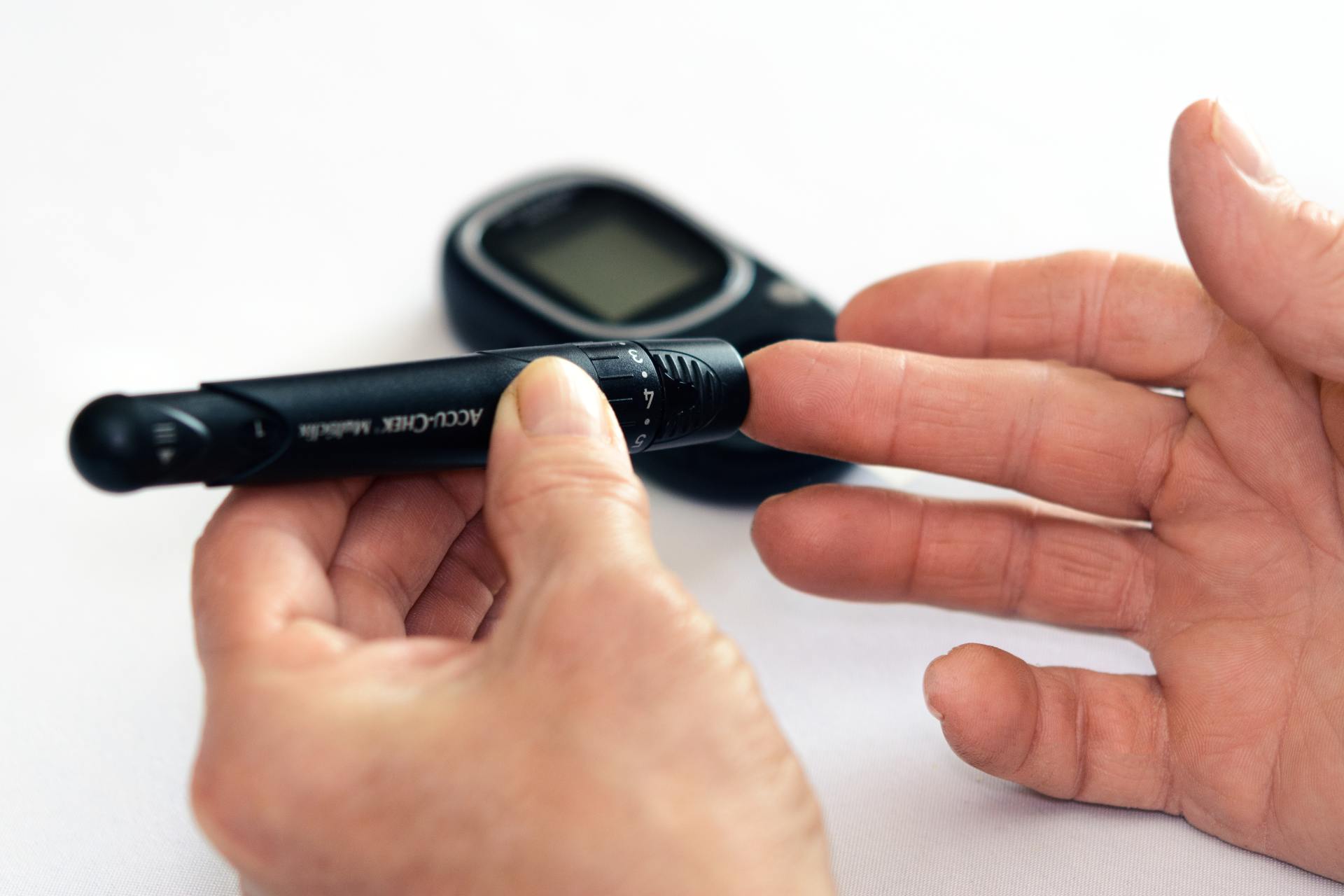
By Dr. Susan Ashley, MD
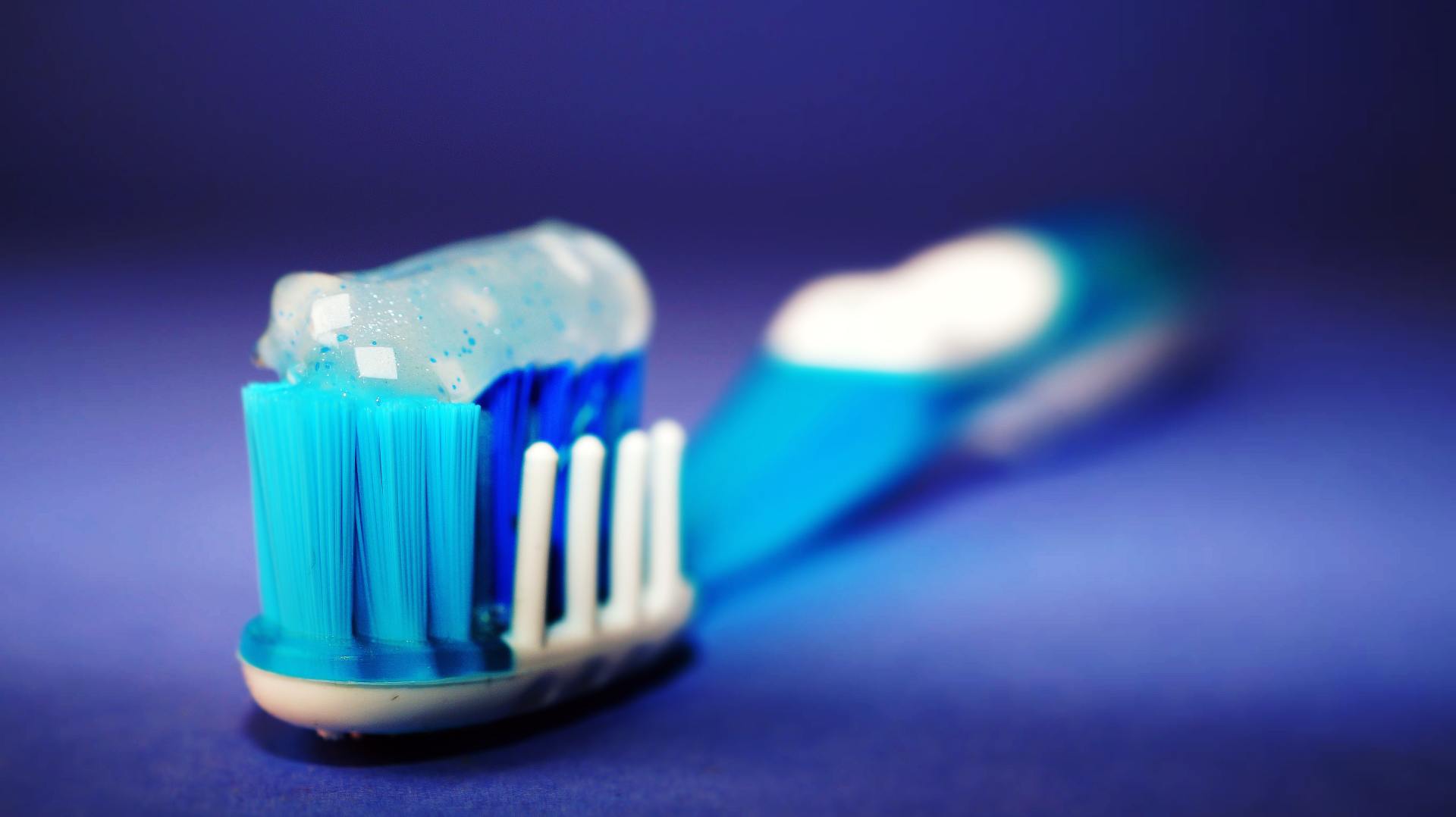
Side effects of triclosan include:
- About 1/2 cup coconut oil
- 2-3 Tablespoons of baking soda
- 2 small packets of stevia powder
- 15-20 drops of peppermint or cinnamon essential oil
- 10 drops myrrh extract (optional)
Natural Toothpaste Instructions
- Melt or slightly soften coconut oil.
- Mix in other ingredients and stir well. If using semi-hard coconut oil, use a fork, if not, use a spoon. If you are using completely melted coconut oil, you will need to stir several times while the mixture cools to keep the baking soda incorporated.
- Put mixture into small glass jar (I make different ones for each family member)
- Let cool completely.
- To use: dip toothbrush in and scrape small amount onto bristles. Could also use a small spoon to put on toothbrush.
By Dr. Susan Ashley, MD

By Dr. Susan Ashley, MD

By Dr. Susan Ashley, MD
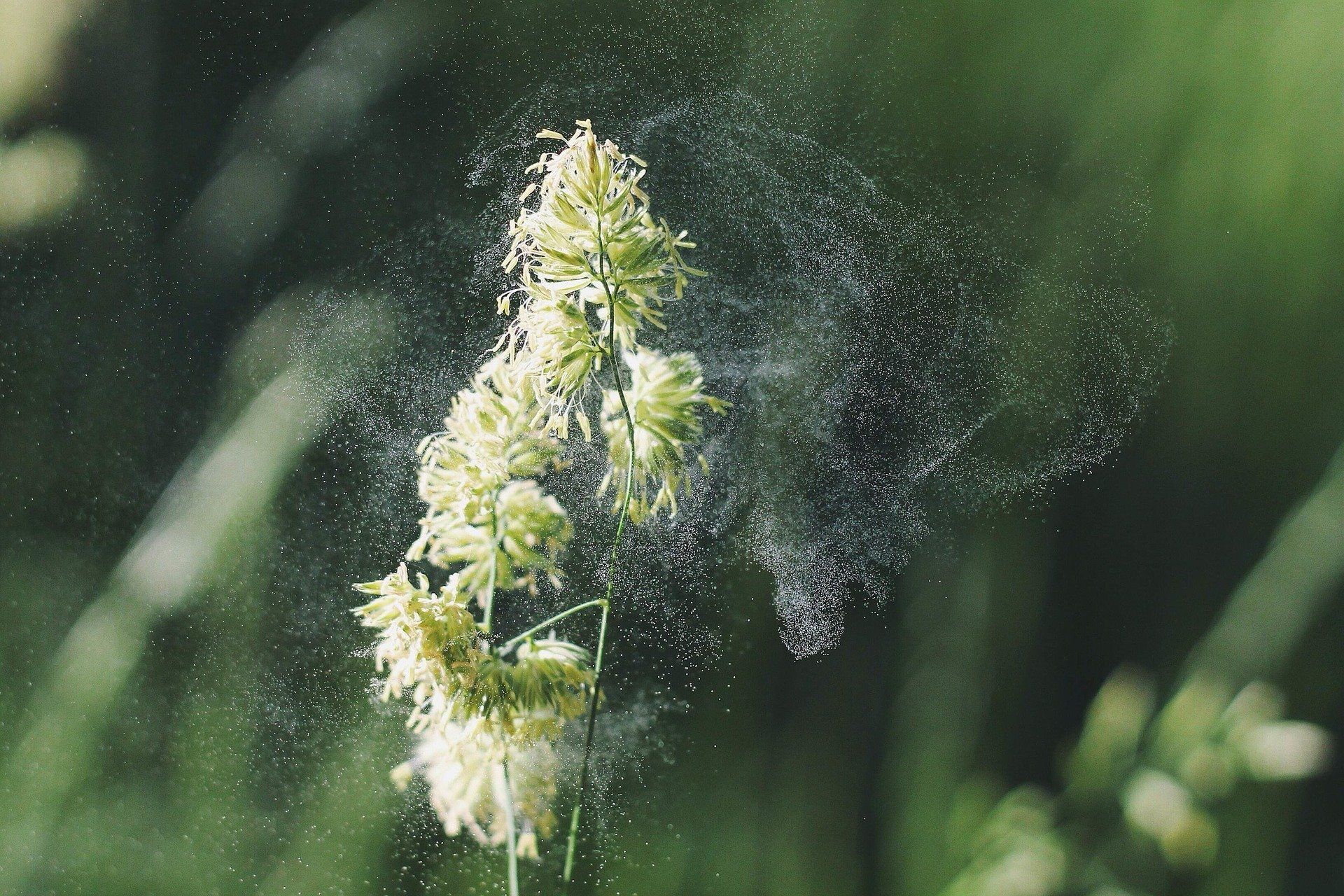
By Dr. Susan Ashley, MD
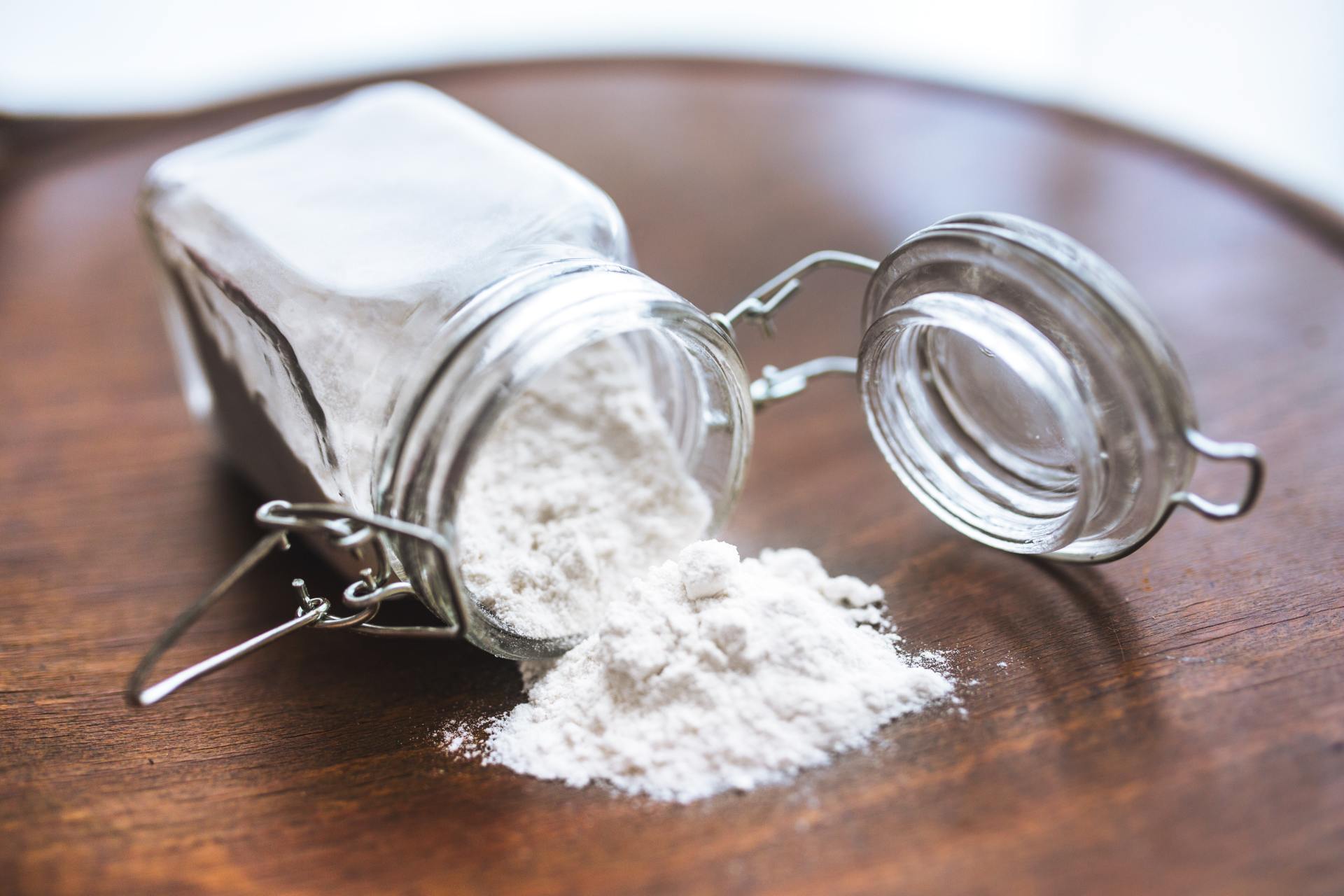
By Dr. Susan Ashley, MD
